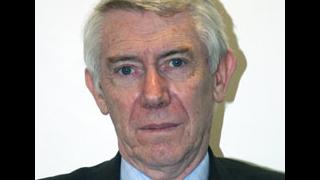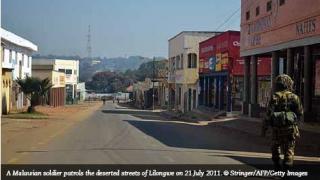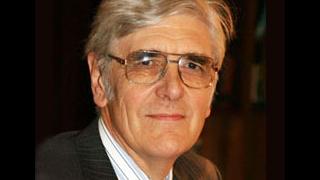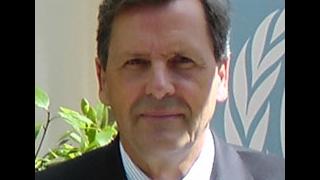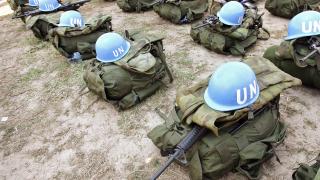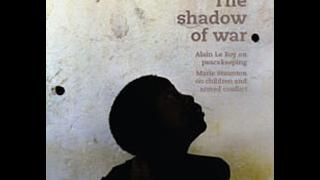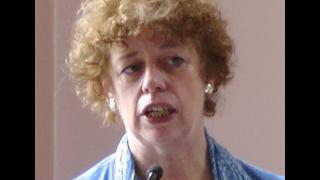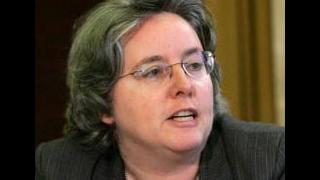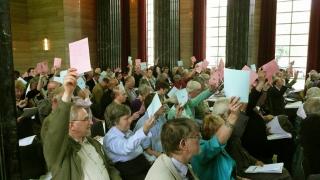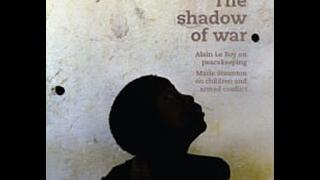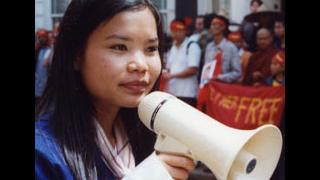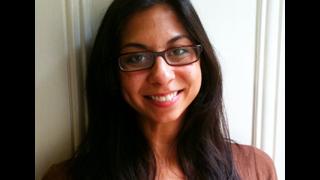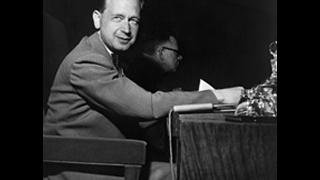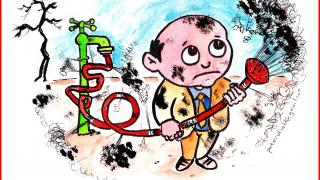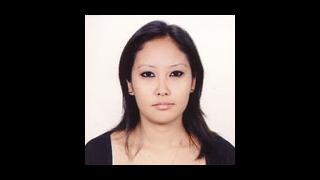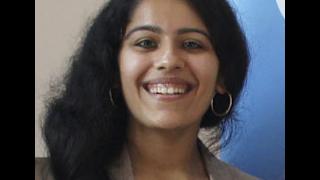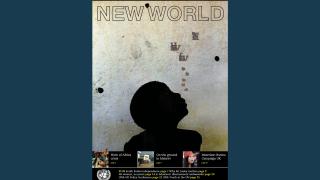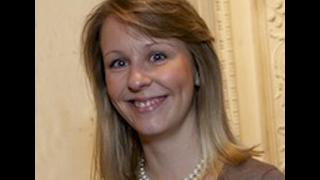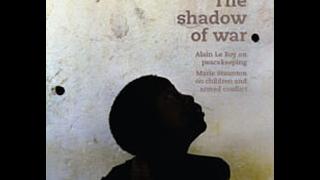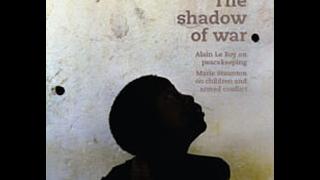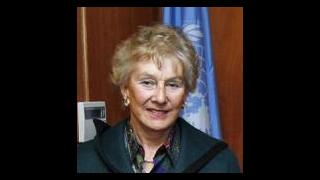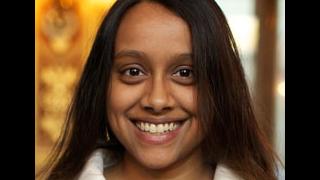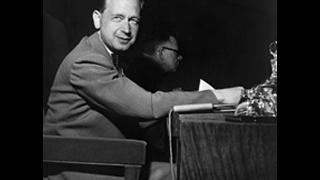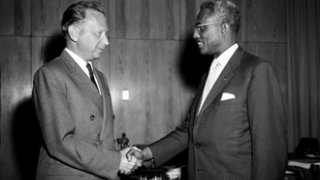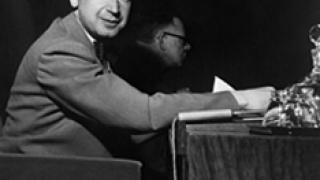
18 September 2011 will be the 50th anniversary of the death of Dag Hammarskjöld, the second UN Secretary-General and one of the truly great men of the 20th century.
In 1961, news of his death flashed round the world and produced a profound sense of shock and loss, made more poignant by the fact that he had been killed in the course of duty, seeking to bring peace to the Congo, a vast African equatorial territory wracked by civil war since gaining independence from Belgium in July 1960.
This was more than regret at the loss of a major political figure. In the minds of countless ordinary men and women, throughout the world, Hammarskjöld had become “the man of peace”. It is no exaggeration to say that within UNA-UK, he was loved. In those sad days, members frequently referred to him as “Dear Dag.” I want to explain why.
On 10 November 1952, the first Secretary-General of the UN, Trygve Lie, resigned after two years of conflict with a permanent member of the Security Council, the Soviet Union, had made his position impossible. Since October 1950, the USSR had ignored his existence and refused to have any communication with him. The UN was thrown into a state of crisis. It took more than two years to find his successor. On 10 April 1953, Hammarskjöld, until then the Foreign Minister of Sweden, took up what was to be a role he would fulfil so effectively for the rest of his life. The UN had found a Secretary-General and Hammarskjöld the calling he sought.
That summer, UNA-UK was preparing for a rally to be held in the Royal Albert Hall, London, during UN Week in October. A stage presentation called “The Way Ahead” told the story of the end of the war, with a large crowd scene depicting refugees; the creation of the UN; and the work of the World Health Organization and the UN Children’s Fund. The script was written especially for the event. Cy Grant, then a rising young actor, played a “Mr. Everyman” role and Douglas Fairbanks Jnr. read the Preamble to the UN Charter.
At last the day arrived. The Hall was full. Coaches had brought UNA members from all over London and the South East. Many had come to see the principal speaker: Dag Hammarskjöld. I am ashamed to write that I do not recall a word of what he said, but I do remember that during the final rehearsal the previous evening, just as we were finishing, he appeared, with George Ivan Smith, the Director of the UN Information Centre in London in tow. We were all overwhelmed by the Secretary-General, this quiet, calm and friendly man, who had come to say “hello,” instead of going straight to his hotel. (Yes, I did get his autograph, and still treasure it!)
By this time, Hammarskjöld had already won his first administrative battle and laid the foundation for a truly international UN Secretariat. Trygve Lie had consented to a practice under which the US Administration claimed the right to control which US citizens could be appointment to the Secretariat. Lists of acceptable US candidates were regularly handed to the Secretary-General, whose choice was limited to those names. Hammarskjöld completely rejected this practice, making it quite clear that whilst recommendations would be considered, appointments were his prerogative. He had taken a significant step towards one of his major aims: the development of a Secretariat that that served the collective interests of all UN member states.
In April 1958, Hammarskjöld visited UNA-UK again, attending a reception in his honour at Grosvenor House in London. He was now one of the most respected statesmen in the world. His role in ending the Suez crisis of 1956, through the creation of an international peacekeeping force (UNEF I - the First UN Emergency Force) and related negotiations, had brought peace, at least for a time, and confirmed him as a diplomatic leader.
His speech at the reception focussed mainly on peacekeeping and on what he called “quiet diplomacy” (i.e. without publicity). Afterwards, UNA members formed a queue to shake his hand and exchange a few words. I remember who was just in front of me: Arthur Boyd, a World War I veteran who had been a member of UNA-UK’s predecessor, the League of Nations Union, and was now Secretary of UNA Bognor Regis branch. He took Hammarskjöld’s hand and said very simply “God bless you.” The Secretary-General - Dear Dag - was visibly moved.
This short article cannot adequately convey his achievements and his legacy, so let the final words come from the man himself: “Future generations may come to say of us, that we never achieved what we set out to do. May they never be entitled to say, that we failed, because we lacked faith, or permitted narrow self-interest to distort our efforts.”
Frank Field is a former Director of the UN Association of the UK.
This article is the first in our series remembering Dag Hammarskjöld. Other contributions will be coming online every day between 12 and 18 September 2011.

